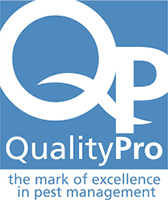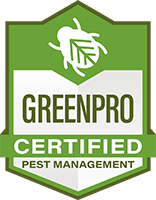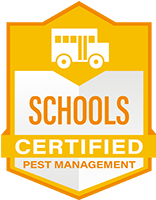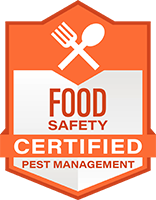Organic Pest Control Myths
Myth: The Term “Organic Pest Control” Is Meaningless
When Chem-free was founded in 1990, the organic movement was in its infancy. Homeowners in the Austin area didn’t have as many choices when it came to pest control. Organic pest control offered a gentler, more environmentally-friendly alternative to conventional methods.
Almost 30 years later, Austinites still value an approach to pest management that minimizes the impact on the environment, children and pets. As many of us know, however, you can have a naturally-occuring, organic chemical that is more toxic than its synthetic counterpart. Since the primary organic certification process was created for food and livestock production, what does organic pest control mean, anyways?
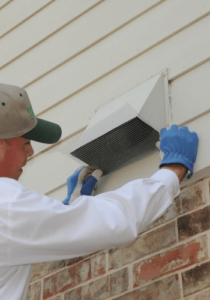
The less universal term which describes the philosophy behind Chem-free’s pest control approach is Integrated Pest Management (IPM). IPM is built upon a deep knowledge of pest behavior, regular inspections and a mix of cultural, physical, mechanical, biological and chemical methods to resolve a pest problem. Organic and least toxic options are a priority for a Chem-free technician, although some infestations may be harder to resolve without more powerful, chemically-based treatments.
A Chem-free, IPM-based treatment plan is created to balance the following objectives:
- The most effective means to control a pest population
- The lowest environmental impact
- The most cost-effective
Organic pest control means a lot to us at Chem-free, and it forms the foundation for the work we do.
Myth: Organic Pest Control Costs More
When we think about the term “organic”, we typically think of food. Whether a product is called “organic”, “all-natural”, “green” or by another similar name, we expect it be more expensive. The higher price of organic food stems from the added labor to replace the work done by pesticides, slower growth rates, shorter shelf life and costs associated with certification programs.
As these products have flooded the marketplace, competition has increased, and prices have dramatically decreased. What was once a lifestyle is now more mainstream. The price difference between these foods and their traditional counterparts is now often nominal, or can even be non-existent.
While some organic pest control interventions are more expensive, others are not. As with many other socially-conscious purchasing decisions, homeowners now have more options and more inexpensive choices when it comes to green pest control.
Because low-impact techniques focus on a holistic prevention strategy rather than more straightforward reactive pest management, the environment surrounding your home may be better protected from future infestations with an organic pest control treatment plan rather than with a more traditional approach.
By educating homeowners on how to create a healthier ecosystem, pests can be controlled naturally, without the need for other interventions. That means Chem-free customers can feel good about safeguarding the environment while protecting their families from the health risks associated with many common household pests.
Myth: Organic Pest Control Doesn’t Work
Perhaps the biggest myth about alternatives to traditional pest control methods is that they don’t work. Scientists and government agencies, including the Environmental Protection Agency, disagree, telling consumers that “a non-chemical method of control is as effective and convenient as a chemical alternative”. Chem-free wouldn’t exist in our rapidly-growing area for almost three decades without loyal customers who have found us more effective than the competition.
Many homeowners, parents and pet owners recognize that we exist within an interconnected, larger ecosystem, and that having pests is not the same thing as having a pest problem. That said, pests are not just an annoyance, and so sometimes professionals are best equipped to handle an infestation. Rodents and other insects pose a number of serious risks to the members of your household, including spreading disease, contributing to allergies and asthma, contaminating food and damaging our property.
While having a completely pest-free environment may be unrealistic, Chem-free’s technicians implement a thoughtful, customized strategy for every customer, with a focus on monitoring, identification, damage assessment and long-term, scientifically-proven solutions.
As we work hand in hand with you to make your property less attractive to these unwelcome visitors, we prioritize targeted, effective treatment methods that limit your exposure both to potentially harmful chemicals and the dangers pests pose to you, your children and your pets.

